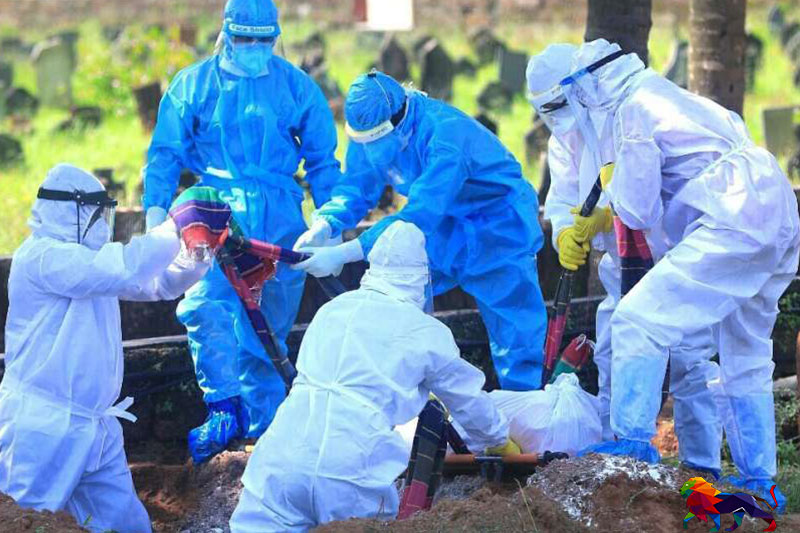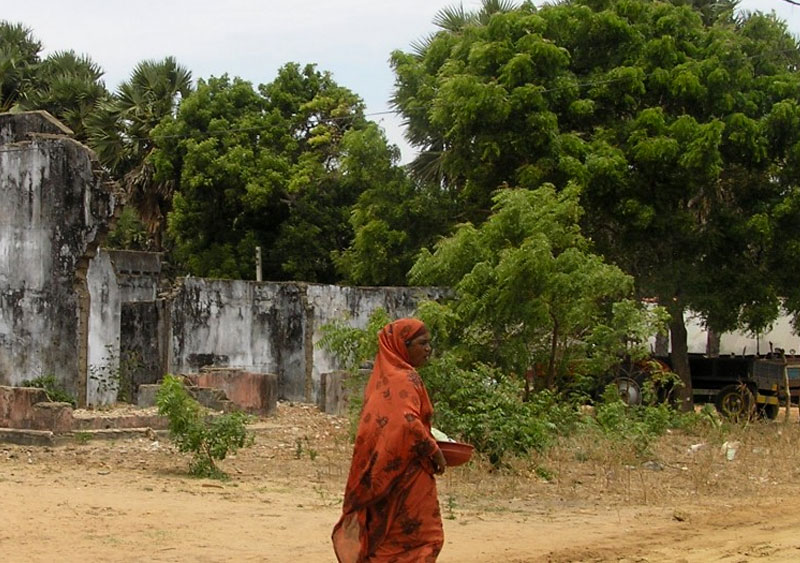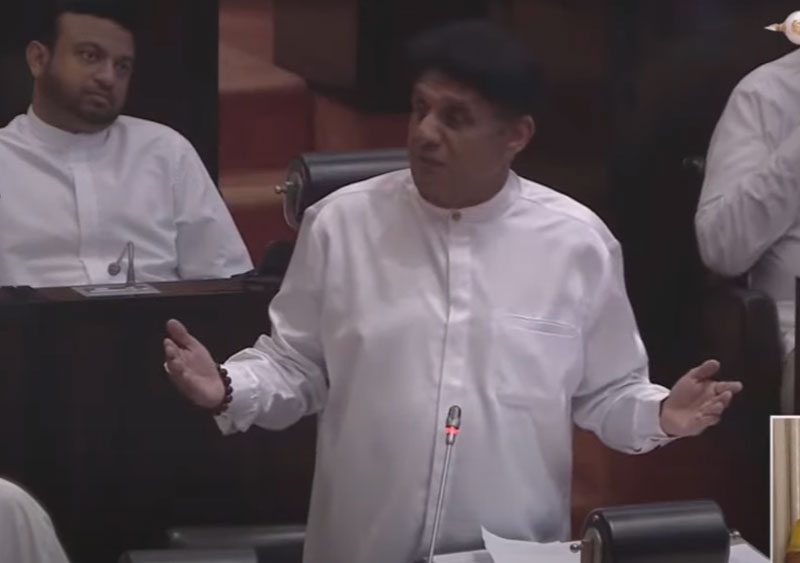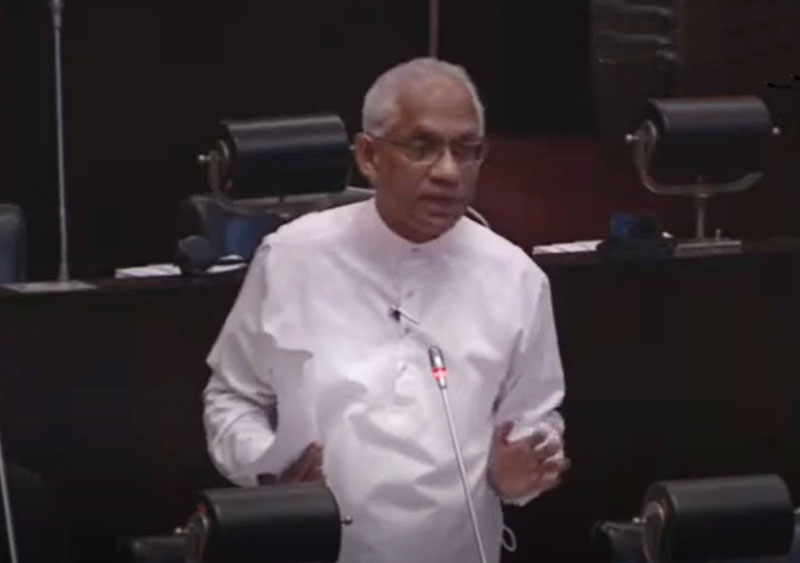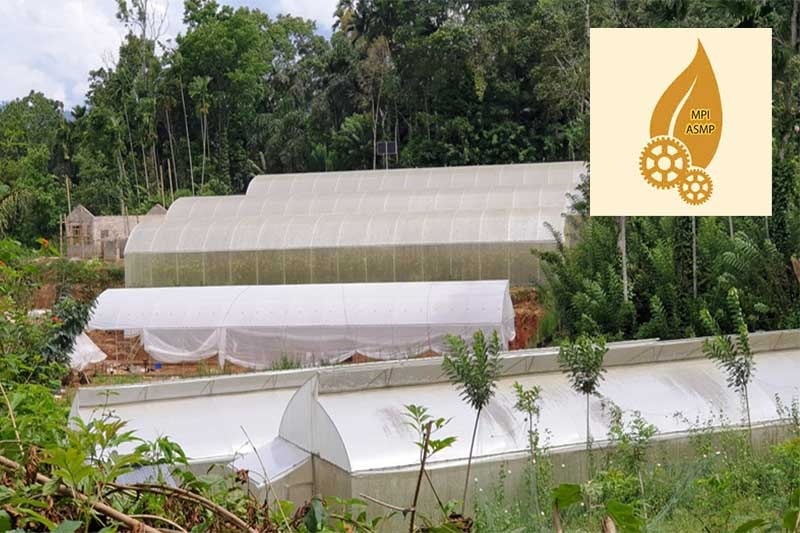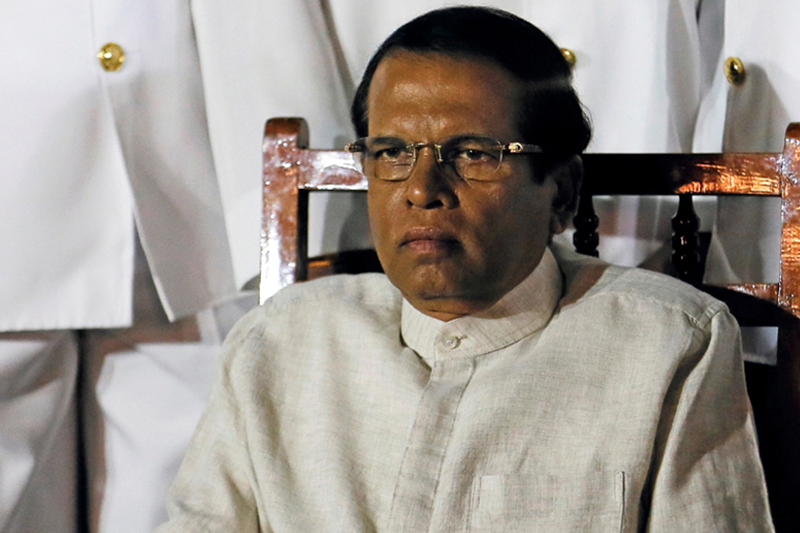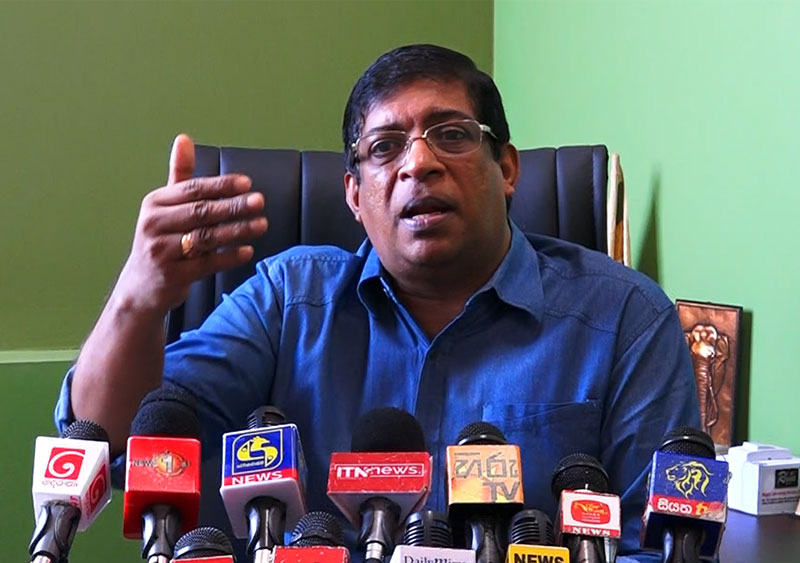Two committees were appointed to look into the burial issue. The expert panel appointed by Health Minister Pavithra Wanniarachchi had recommended that the government continue with its cremation only policy.
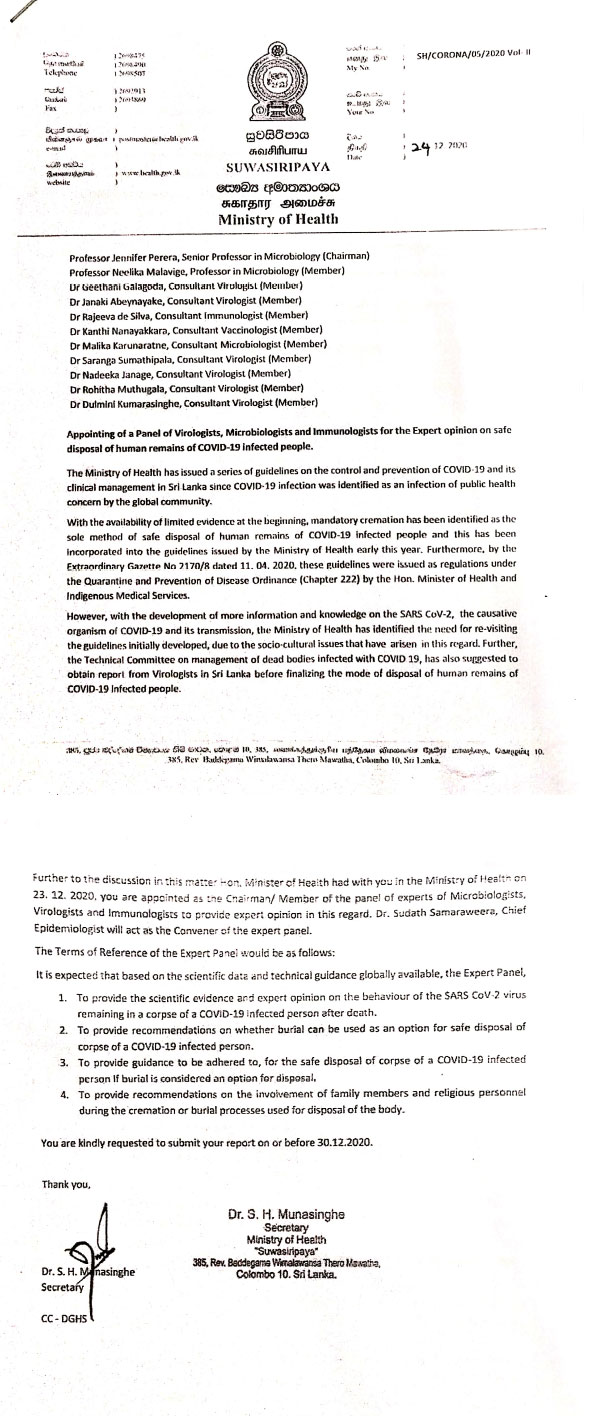
The panel chaired by Prof. Jennifer Perera, Senior Professor in Microbiology in its recommendations submitted to the Ministry of Health this week said, “’While firmly standing by on the previous recommendation and guidelines on exclusive cremations of dead bodies as the most appropriate method of disposal which was based on the understanding at the time, the expert committee has revised the recommendations on disposal of bodies to include both cremation and burial, while adhering to the specified safety precautions.”
They further noted that the contamination of water by residual virus in a corpse leading into the water table through layers of soil to reach levels of the infectious dose is very remote as any residual infection virus continues to die.
"Furthermore, any residual infectious virus that reached the water table gets diluted in the large volume of water. Therefore, the amount of virus in water is insufficient to lead to infection either by ingestion, contact with mucus membranes, or through contaminated hands as the minimal infectious dose of the virus is quite high. For the same reasons, there also has been no evidence of transmission through water contamination from burial by SARS or influenza. However, water contamination could be avoided to a large extent by wrapping the body using virus impervious material such as use of non-biodegradable body bags,” they pointed out.
Although the report by the second panel of experts was handed over to Health Minister Pavithra Wanniarachchi, she has refused to accept it and has instructed the two expert panels to meet and take a final decision.
Accordingly, the members of these two committees had discussed the issue at the Ministry of Health on Thursday (31).
However, it was reported that the discussions had concluded without arriving at a final agreement as the first panel of experts have been adamant in their stance to continue with the cremation only policy.


